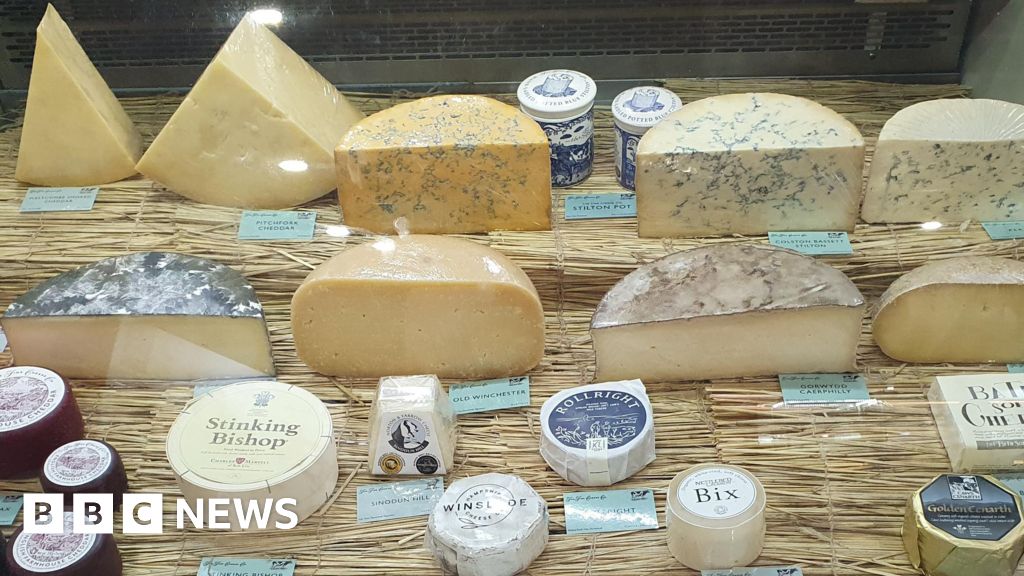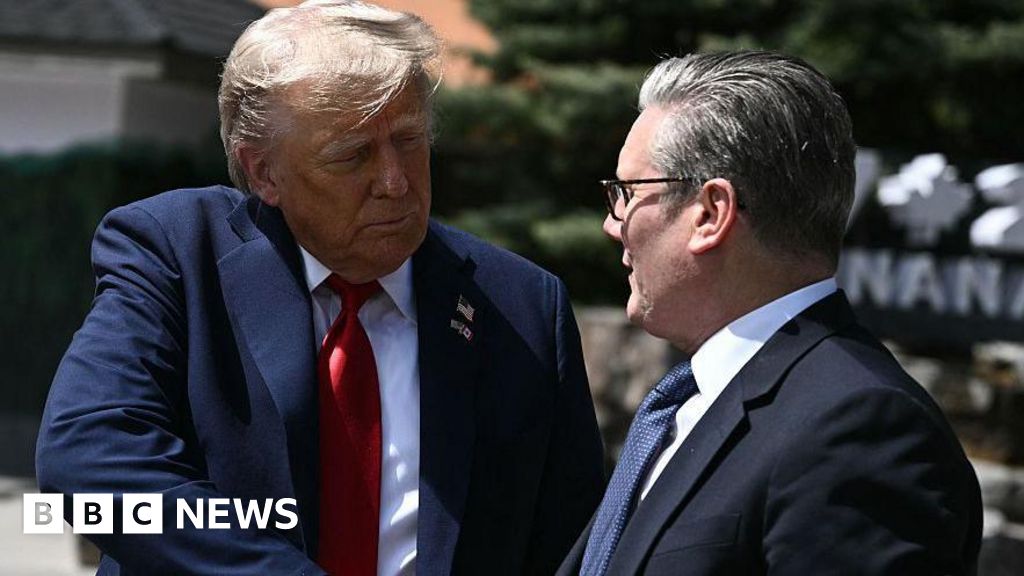In fact, the UK delegation in Singapore told the BBC they were only able to attend because they paid out of their own pockets.
“Since 2019, we’ve received no government money whatsoever to help us come to these kinds of shows,” says Karen Beston from the Food and Drink Exporters Association.
“It makes it very difficult to stand out against the other European groups or other world groups that are almost fully funded by their respective governments,” she adds.
When this was put to the UK government by the BBC, the Department for Environment, Food & Rural Affairs (Defra) said: “Promoting the interests of our farmers and food producers is a priority of our trade policy”.
Defra also pointed out that – although suppliers do not receive any direct public money to help them attend trade shows – last year it spent £1.6m on events to promote sales of British food, such as tastings and networking opportunities.
Currently, the UK exports £3.5bn ($4.4bn) worth of food and drink to Asia, which is an increase of 18% since 2019. This is proof, British ministers would say, that Britain’s status as an “independent trading nation” has benefitted the country’s businesses since it left the European Union.
But in that same period, Italy’s exports to Asia grew by 36% to €6.1bn (£5.2bn; $6.6bn).
“Having a supportive government is definitely important,” says Italy’s Ambassador Brandi.
“But a major advantage we enjoy, along with other EU states, is the free trade agreements we have with many important Asian countries,” he adds.
Nevertheless an opportunity – whether golden or not – does exist for British producers in the wake of Brexit.
More than 60,000 people visited this year’s event in Singapore. By the start of the next decade, analysts estimate people in Asia will spend $8tn annually on food.
“The potential is huge,” says Japnit Singh, chief operating officer at Spire Research and Consulting in Singapore.
“A few years ago, it was very local food-centric here. I used to say that would never change, but I was wrong. We’re seeing a transformation in habits – people want to eat western food and they’re willing to pay for it,” he adds.
According to Mr Singh, rising incomes, increased travel and – crucially – social media have helped make the Asian palate increasingly adventurous.
Credit: Source link











